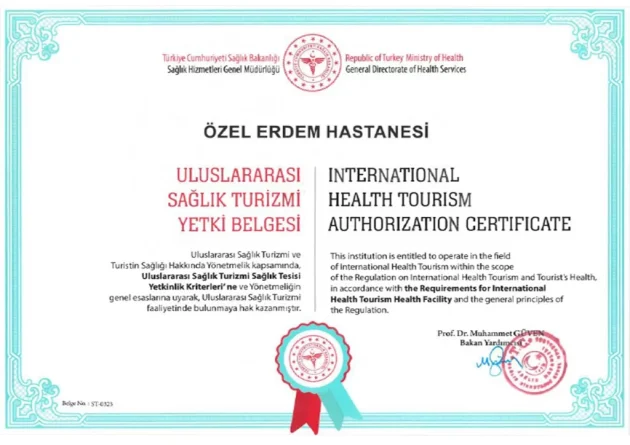Enjoy feeling healthy and free in our health center!
Erdem Health Group is one of the most successful health institutions in Turkey, serving in the health and education sector since 1988.
It has three hospitals, two dialysis centers, a medical center, an oral and dental health center, hair transplant and plastic surgery clinics. It provides services in every medical branch for patients living both in Turkey and abroad. It has some of the most successful doctors in Turkey and thanks to its advanced medical teams, the satisfaction of our patients is increasing.
Discover our full-fledged hospitals.
Discover our experienced medical team.
Our mission is to comply with the understanding of 'health first' and to make every effort to treat our patients. Always following the latest technology and moving forward with a completely solution-oriented perspective.
Our vision is to extend a helping hand to more and more people every day and to continue working to ensure that our service approach is always 'people-oriented'.
International Health Tourism Authorization Certificate
